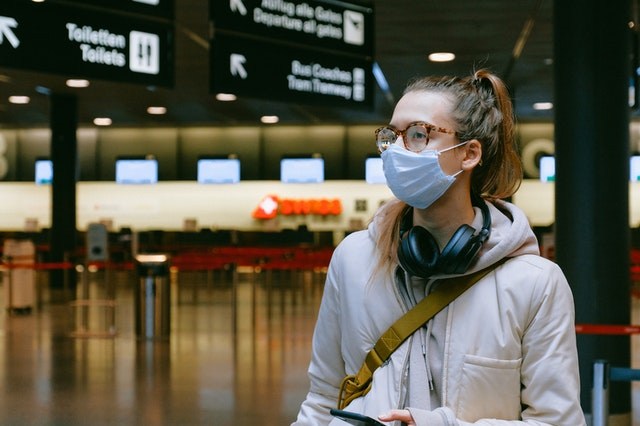On Tuesday 31 August, the day before a number of coronavirus restrictions will be lifted, Belgium's stricter testing rules for returning travellers and high-risk contacts are also coming into force.
Due to the spread of the more infectious Delta variant in Belgium, the Interministerial Health Conference announced at the end of last week that some additional testing measures will apply, even for vaccinated people.
Travellers who do not have a valid vaccination or recovery certificate returning from a red zone within the European Union or one of the non-EU countries on the white list, must be tested on day 1 and 7 upon arrival in Belgium.
However, travellers who return from a red zone outside the EU must be tested on day 1 and 7 upon arrival in Belgium, even if they have a valid vaccination or recovery certificate.
In both cases, if the test result is negative on day 1, no quarantine is required. However, the second test (on day 7) is required regardless of the outcome of the first one. If the test is positive, self-isolation is obligatory. These tests are free.
Related News
- Belgium tightens testing rules for the fully vaccinated from 31 August
- Brussels starts vaccinating residents in shops today
- None of Brussels' intensive care patients had received a vaccine
As announced last week, anyone who had a high-risk contact with someone who tests positive for Covid-19 must also get tested on day 1 and 7 after the last high-risk contact, even if they are fully vaccinated.
People who are not (fully) vaccinated and had a high-risk contact should be tested on day 1 and 7 after the contact as well. In their case, a 10-day quarantine is mandatory, but it can be shortened to seven days if the second test is negative.
A contact is considered ‘high risk’ by the Belgian authorities if someone has had face-to-face contact (a conversation, for example) for at least 15 minutes at a distance of less than 1.5m with someone who tested positive for Covid.
A person who was in the same room or closed environment with a Covid-19 patient for more than 15 minutes is also considered a high-risk contact.
Additionally, for both returning travellers and high-risk contacts, the authorities stressed the importance of using the Coronalert app, which warns you if you have been in close contact with someone who has tested positive for Covid-19.

